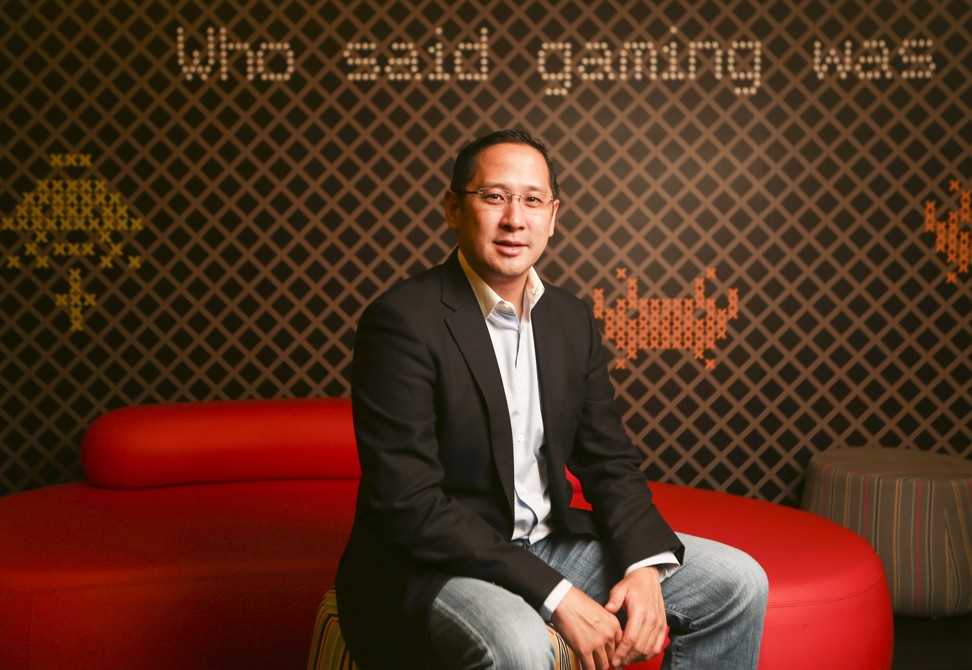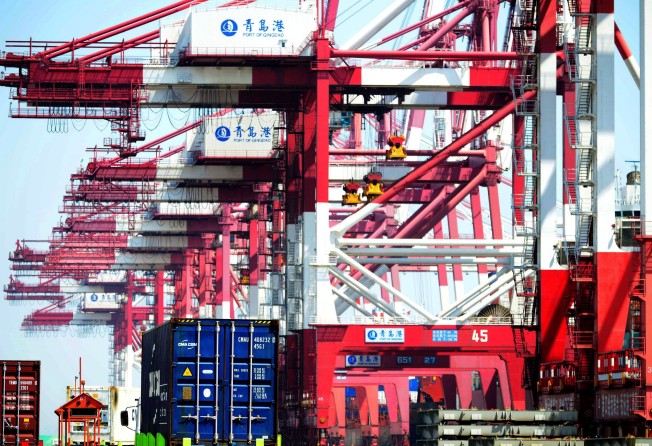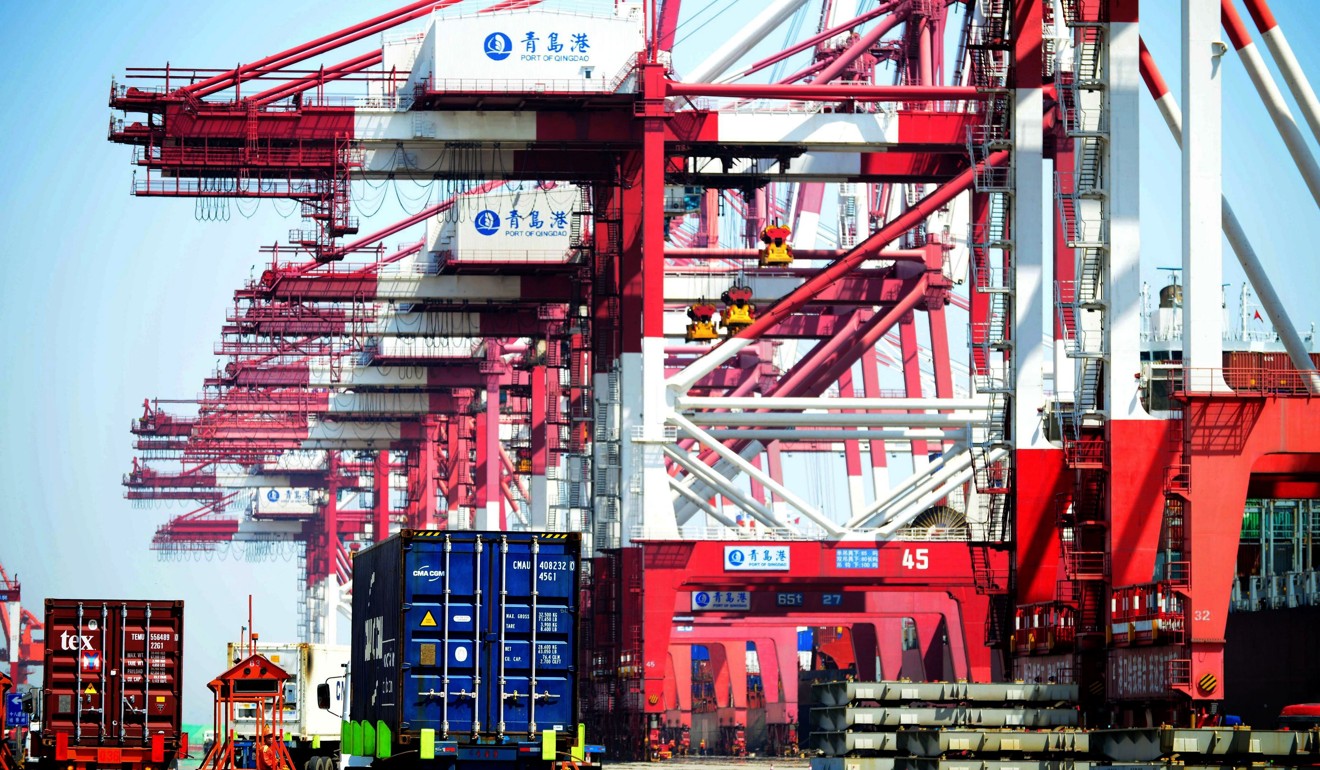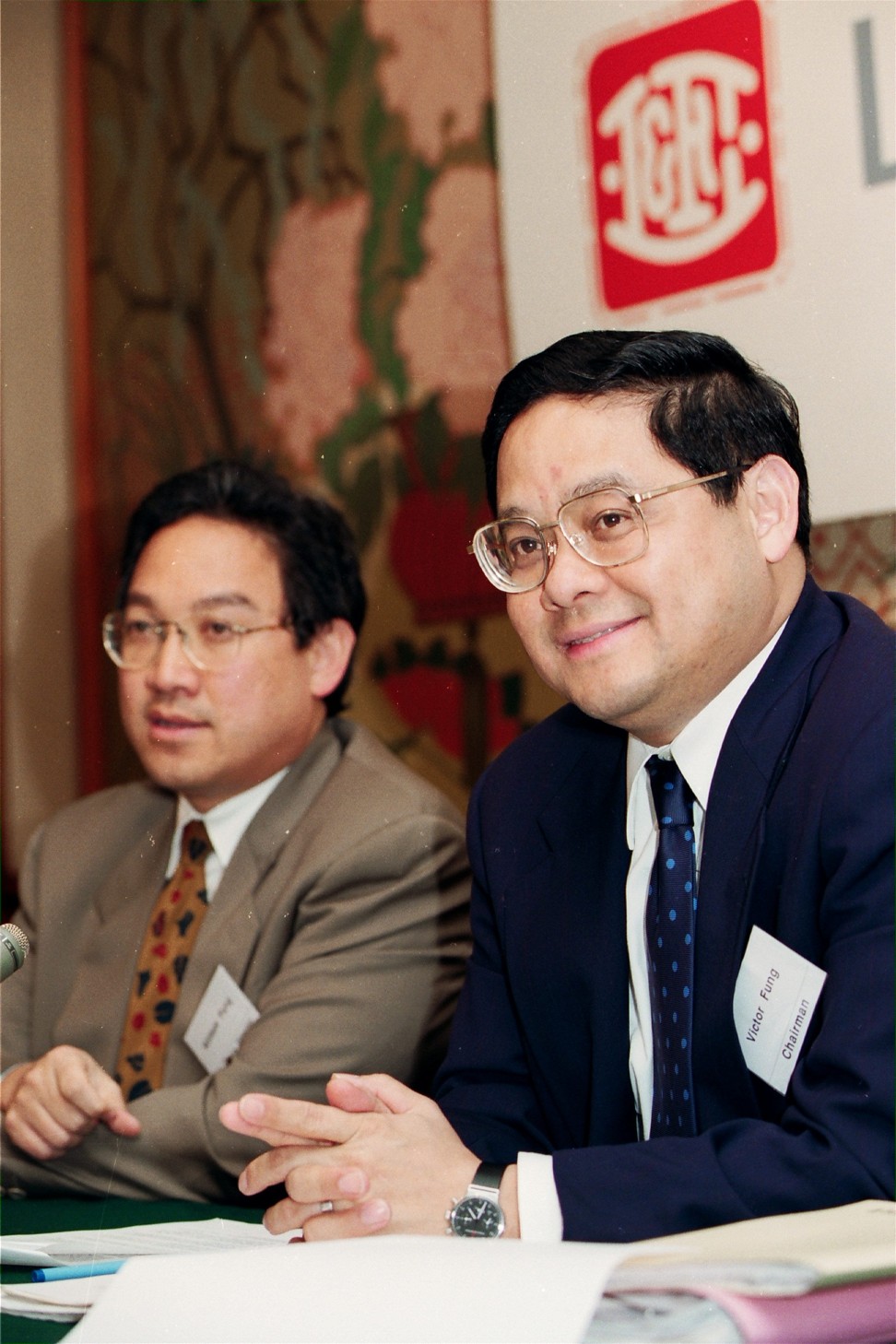
The nerve of it all: this century-old middleman seeks to redefine Hong Kong’s role
Embracing technology and a flexible mindset can help Hong Kong retain its leading position as the brains behind merchandise souring and supply-chain management, says Li & Fung

Hong Kong will retain its reputation as a “nerve centre” for global merchandise sourcing and supply-chain management it has earned in the past two decades, as long as the industry embraces new technology and a mindset shift, according to leading player Li & Fung.
The industry, which employs hundreds of thousands of workers in the metropolis that evolved from mostly a management centre of manufacturing in southern China 20 years ago to overseeing the operation of a vast network of factories globally, needed to transform and adapt to the digital age, the firm’s chief executive Spencer Fung said.
“I don’t think Hong Kong will lose its ability to remain as the nerve centre because we still have the largest amount of industry experience here,” he told the South China Morning Post in an interview. “But we need to layer a bit of technology on top.”

“When you have a fast supply chain, you can see what is trending in social media and produce something that looks like that within weeks, compared to 50 weeks in the old days,” Fung said.
The 111-year-old family-controlled company, which helps mainly North American and European brand owners and retailers design and make products, source materials and organise deliveries, has witnessed a “sea change” in the industry in recent years with the rise of electronic commerce and discounters.
“When an industry digitalises, the competition completely changes and becomes diversified,” Fung said. “Sales and profit margins have gone down, putting cost pressure on the entire supply chain upstream ... which is what you see in Li & Fung.”

E-commerce firms are not the only threat to traditional retailers as growing polarisation of consumer preferences, ranging from a flight to luxury to a flight to value, means even large hypermarket operators have lost sales to fellow brick-and-mortar volume discounters.
Shifting consumer behaviour, including a greater propensity to spend on experiences like travelling and dining out, meant discounting was no guarantee for rescuing sagging sales, Fung said.

He said Li & Fung’s priority was to help its biggest customers, who were in the middle of the value spectrum, lacking in brand recognition compared with high-end products and yet not as price-competitive as the discounters.
To do that, Fung said his company needed to “digitalise” its own paper operation, encompassing materials sourcing, order processing, sample approval, production, quality control, shipping and payment.
It aims to halve the product development cycle time by using a combination of computer-generated “virtual samples” and physical fabric patterns to replace the need to make complete physical samples for standardised items like men’s shirts.
This way, customers can react much faster to changes in consumer tastes, cut inventory and eliminate the need to mark down prices.
Fung conceded that the transformation was difficult as both customers and Li & Fung’s staff, many of whom are long-tenured, required time to change their mindset.
“Culture and mindset, not the lack of knowledge on what to do, are the biggest enemies,” he said, adding that Li & Fung had sent all its senior managers to courses to learn how industries would be transformed by technology.
The company plans for its entire 22,000 staff to attend the seminars.
To hammer home the message to stakeholders, Fung said he would spend months on the road to convince staff, customers and suppliers of the need to transform.
“Transformation is never easy and some companies have failed,” he said. “Execution is key and we are focusing on a few things at a time.”